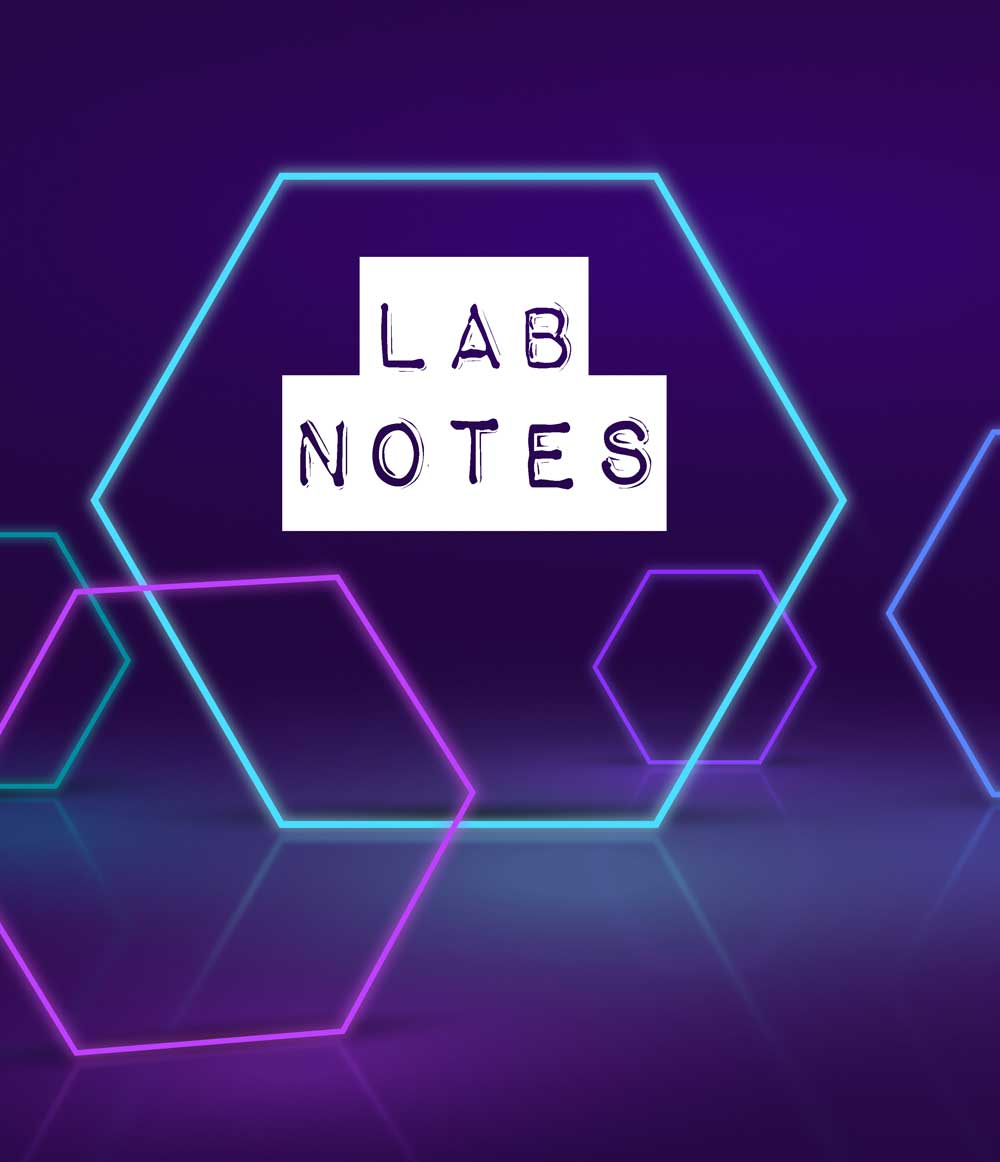Rice joins international neutrino experiment
Rice University has joined the Deep Underground Neutrino Experiment (DUNE), an international physics megaproject led by the U.S. that includes more than 1,000 collaborating scientists at over 200 institutions worldwide.
Aaron Higuera, assistant research professor in physics and astronomy and the lead Rice faculty member on the project, said membership in DUNE will ensure that Rice faculty and students will have opportunities to participate at the cutting edge of neutrino physics for years to come.
Neutrinos are among the most abundant subatomic particles in the universe. More than 100 trillion are believed to pass through our bodies each second, but because they carry no electric charge and very little mass, the likelihood that they will interact with ordinary matter is very close to zero. In DUNE and other neutrino experiments, physicists work to increase the chances of neutrino interactions in order to measure enough of them to answer fundamental questions, like, “What is the origin of matter?” “What is the relationship between nature’s forces?” and “How do the most extreme objects of our galaxies form?”
DUNE plans to do that by creating a concentrated beam of neutrinos at Fermi National Accelerator Laboratory near Chicago and directing the beam through 800 miles of Earth’s crust to a massive detector more than a mile below ground in a converted mine shaft at the Sanford Underground Research Facility in South Dakota.
Higuera, who was recently awarded a Department of Energy seed grant to pursue artificial intelligence research for high energy physics, said his DUNE research will focus on the development of machine learning algorithms that can better analyze data from the experiment. He will be joined on the project by Rice faculty colleague Christopher Tunnell, a computational astroparticle physicist who is no stranger to the search for neutrinos.
Engineering launches energy transition initiative
Rice’s George R. Brown School of Engineering has launched an energy transition and sustainability initiative called REINVENTS with an initial commitment to invest $500,000 over the next two years to support interdisciplinary teams through seed funding and other activities across three key areas: energy generation, long-term energy storage and development of efficient processes and materials platforms.
“Tackling the climate crisis is a big part of the driver behind REINVENTS,” said Dean of Engineering Luay Nakhleh. “Houston is the energy capital of the world, and through REINVENTS our goal is to play a central role in turning it into the clean energy capital of the world. We want to accomplish this in collaboration with the Houston industry, which I view as an ally in this endeavor.”
Learn more at https://reinvents.rice.edu.
Kevin McHugh lands NETRF grant
Bioengineering’s Kevin McHugh is one of only 12 scientists worldwide to win 2023 research funding from the Neuroendocrine Tumor Research Foundation (NETRF), one of the world’s largest private funding sources for neuroendocrine cancer research.
McHugh joined Rice as an assistant professor in 2019 with a $2 million recruitment grant from the Cancer Prevention and Research Institute of Texas (CPRIT).
Neuroendocrine cells are hormone and peptide-producing cells whose behavior is controlled, in part, by neuronal signals. Since these cells can be found in different organs throughout the body, neuroendocrine tumors can begin in a variety of sites, including the lungs, pancreas and small intestine.
NETRF supported McHugh’s proposal to develop a personalized immunotherapeutic platform to treat atypical pulmonary carcinoids, a type of neuroendocrine cancer found in the lungs. To create the platform, his lab plans to use genome-editing tools that uniquely recognize cancer cells based on mutations found in each individual patient’s cancer.
Keck Foundation funds quantum research
An interdisciplinary team led by Rice materials scientist Hanyu Zhu, Kaden Hazzard and Junichiro Kono has received a $1.2 million grant from the W.M. Keck Foundation for a three-year research project aimed at demonstrating quantum entanglement between billions of particles in solid materials large enough to be seen with the naked eye.
Zhu, an assistant professor of materials science and nanoengineering, proposed the ambitious project, which will build upon his expertise in quantum spectroscopy, Kono’s materials discoveries and a theoretical framework from Hazzard. Kono is a professor of electrical and computer engineering. Hazzard is an associate professor of physics and astronomy, and all three are members of the Rice Quantum Initiative.
The $2.5 million project received matching funds from Rice and could produce materials with properties that are useful for quantum computation and other applications. To learn more, read the full story.
Julian West named Cottrell Scholar
Rice chemist Julian West has received a 2023 Cottrell Scholar Award. Only 25 of the prestigious early-career awards are given each year. The highly selective program accepts proposals from chemists, physicists and astronomers from U.S. and Canadian research universities. Awardees receive $100,000, are invited to an annual Cottrell Scholar conference and are also eligible to compete for future funding through the Cottrell Plus Awards program.
West, a Norman Hackerman-Welch Young Investigator and assistant professor of chemistry, joined Rice as a CPRIT Scholar in Cancer Research in 2019. In 2020, he was named to Forbes’ 30 Under 30, an annual listing of top entrepreneurs, innovators and game-changers.
West’s winning Cottrell Scholar proposal combined research and science education goals, and was titled: “Sustainable difunctionalization of alkenes via bio-inspired radical ligand transfer and training scientists to engage with the greater public.”

